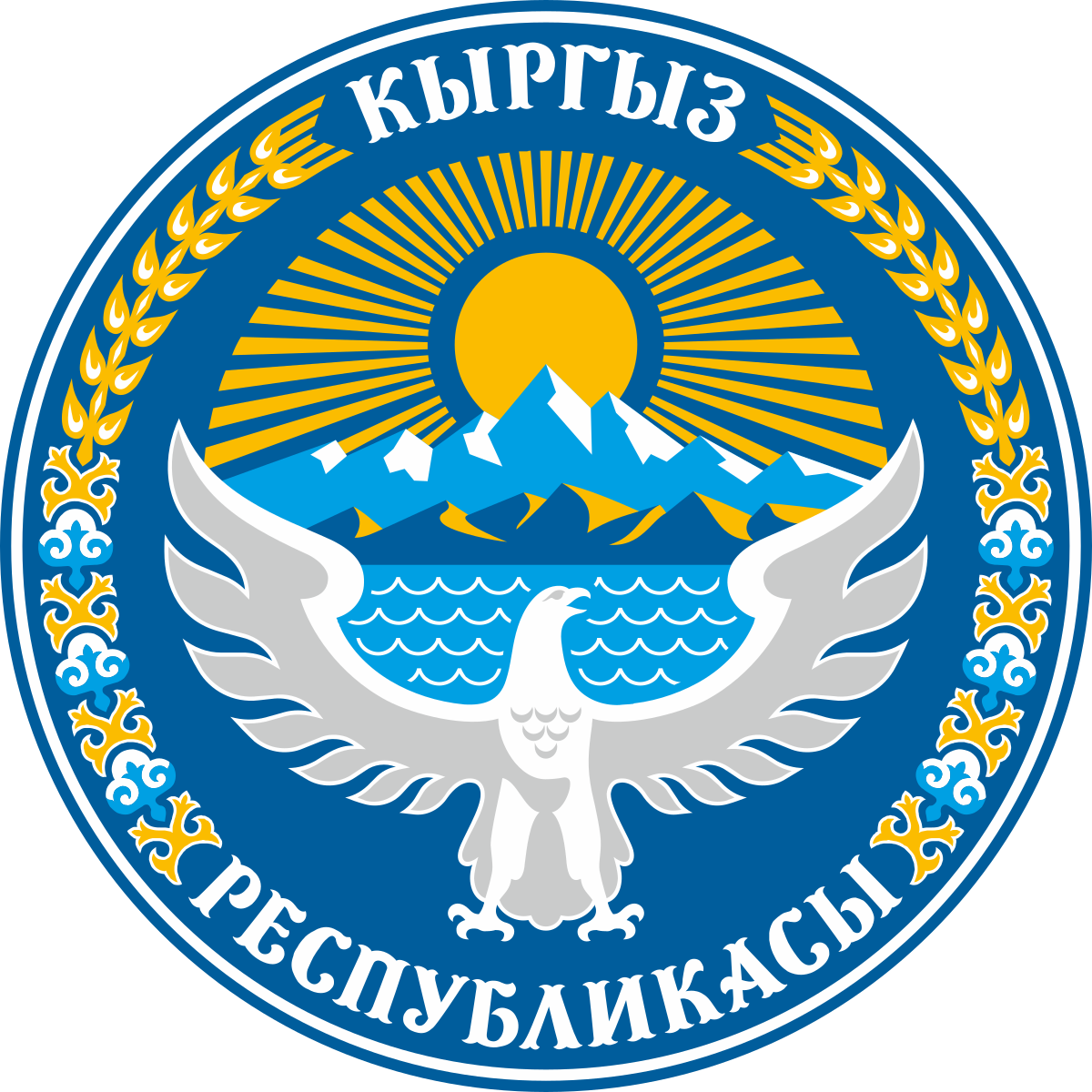A Central Asian country of incredible natural beauty and proud nomadic traditions, most of the territory of present-day Kyrgyzstan was formally annexed to the Russian Empire in 1876. The Kyrgyz staged a major revolt against the Tsarist Empire in 1916 in which almost one-sixth of the Kyrgyz population was killed. Kyrgyzstan became a Soviet republic in 1936 and achieved independence in 1991 when the USSR dissolved. Nationwide demonstrations in the spring of 2005 resulted in the ouster of President Askar AKAEV, who had run the country since 1990. Former Prime Minister Kurmanbek BAKIEV overwhelmingly won the presidential election in the summer of 2005. Over the next few years, he manipulated the parliament to accrue new powers for the presidency. In July 2009, after months of harassment against his opponents and media critics, BAKIEV won reelection in a presidential campaign that the international community deemed flawed. In April 2010, violent protests in Bishkek led to the collapse of the BAKIEV regime and his eventual flight to Minsk, Belarus. His successor, Roza OTUNBAEVA, served as transitional president until Almazbek ATAMBAEV was inaugurated in December 2011, marking the first peaceful transfer of presidential power in independent Kyrgyzstan's history. Continuing concerns include: the trajectory of democratization, endemic corruption, poor interethnic relations, border security vulnerabilities, and potential terrorist threats.
Under the 2010 Constitution, ATAMBAEV is limited to one term, which will end in 2017. Constitutional amendments passed in a referendum in December 2016 include language that transfers some presidential powers to the prime minister. Disagreement over the constitutional amendments compelled ATAMBAEV’s ruling Social Democratic Party of Kyrgyzstan to dissolve and create a new majority coalition in the Jogorku Kengesh that excluded opposition parties critical of the amendments.
Kyrgyzstan is a parliamentary republic.
Source: CIA World Factbook
Members:
Resources
Displaying 51 - 55 of 85Ministerial Decree No. 659 amending Ministerial Decree No. 834 validating the Regulation on modalities of calculation and payment of mining licence fees.
Item 14 shall be amended to add the following wording: “The provisions of this Regulation shall be applicable irrespectively of the form of property and/or ownership of the plots of land on which sites subject to licensing are located”.
Amends: Ministerial Decree No. 834 validating the Regulation on modalities of calculation and payment of mining licence fees. (2012-12-14)
Ministerial Decree No. 114 validating the Regulation on inventory of public land fund.
This Ministerial Decree establishes the modalities of conducting inventory of public land fund with a view of ensuring reliability of land survey and mapping data with the insertion of modifications and changes in land areas, distribution of land by categories irrespectively of the form of ownership. All land areas within the national boundaries of the Kyrgyz Republic, constituting national land fund, shall be subject to inventory.
Law No. 49 “On mortgage”.
This Law establishes the basic provisions on mortgage, including mortgage of land, subsoil, forest, waterbodies and perennial plants, registration of mortgage and registration of rights to mortgaged property. The Act consists of 5 Sections divided into 86 articles: (1) general provisions; (2) types of mortgage; (3) levy of execution to mortgaged property; (4) protection against entrenchment on a right to mortgaged property; and (5) conclusive provisions.
Ministerial Decree No. 316 validating the Regulation on land of industry, transport, communications, energy supply and modalities of land tenure of the aforesaid categories of land.
This Ministerial Decree establishes that industrial land shall be considered allocated to enterprises, organizations and institutions for realization of specific industrial purposes. Land survey service shall be the authorized state institution that shall allocate plots of land to the applicants in-situ. In order to ensure efficient functioning of industrial sites and works sanitary protection and protection areas with particular land tenure terms and conditions can be apportioned.
Ministerial Decree No. 715 validating the Regulation on land-use planning and the modalities of carrying out thereof.
This Ministerial Decree establishes the modalities and contents of land-use planning and shall have as is priority issue land-use planning at the national level. The purpose of land-use planning shall be to ensure enforcement of land legislation and observance thereof by all natural and legal persons irrespectively of the form of ownership and land tenure.


